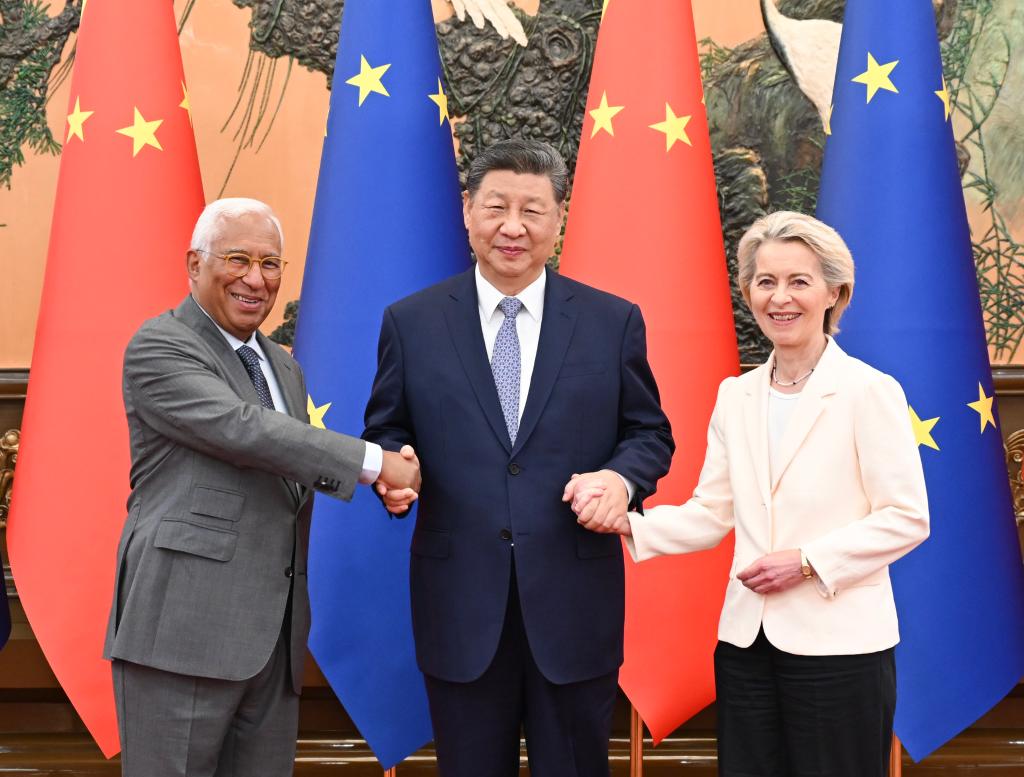Raphael Oni
The Chinese Embassy in Nigeria held a symposium to mark the 80th anniversary of the victory in the Chinese People’s War of Resistance Against Japanese Aggression and the World Anti-Fascist War. Ambassador Yu Dunhai emphasized the significance of reflecting on the past, honoring heroes, and reaffirming commitment to peace and a shared future.
The event honored the sacrifices of the Chinese people and soldiers from Nigeria and other countries who fought against Japanese forces in World War II. Ambassador Yu Dunhai reiterated China’s commitment to peaceful development, citing President Xi Jinping’s vision of building a community with a shared future for mankind.
The ambassador emphasized the need for international cooperation to safeguard the outcomes of World War II, uphold international fairness and justice, and promote global stability and development. Ambassador Yu Dunhai appreciated Nigeria’s adherence to the One-China principle and expressed support for Nigeria’s development and greater role on the international stage.
Speaking on the Belt and Road Initiative, the Chinese Ambassador said China will continue to promote the Belt and Road Initiative, Global Development Initiative, Global Security Initiative, and Global Civilization Initiative to foster global development and cooperation. He further emphasis that China will host international symposiums and commemorative events to promote historical research, cultural exchange, and cooperation among nations.
Prof Sheriff Ibrahim highlighted three key points regarding the historical context of Japanese aggression and colonialism. According to the scholar pointed that, the Berlin Conference of 1884-1885 marked the beginning of Africa’s annexation into colonial powers’ expanded territories, leading to European scramble for Africa and gradual colonization of the continent.
Prof Ibrahim noted that Japanese aggression was influenced by European colonization, with Japan seeking to replicate a similar colonial policy of territorial expansionism, leading to the invasion of Manchuria driven by industrial expansion and the quest for raw materials.
He spoke on Chinese Patriotism saying Chinese people’s patriotism and love for their motherland were evident in their rejection of opium trading, persistent struggle for independence, and tenacious defense against Japanese militarist aggressors.
Charles Onunaiju, the Director of Centre for China Studies (CCS) in Abuja said the incident on July 7, 1937, led to a protracted people’s war of resistance against Japan, a major industrial power of the Axis powers. He further stated that China fought the longest war among the Allied Forces, enduring eight years of brutal invasion and atrocities, including the notorious Nanjing Massacre, which claimed over 300,000 lives.
He said “The Chinese people’s resistance to Japan had a crucial effect even on the European theatre of the war,” highlighting the significance of China’s role in the global conflict.”
The commemoration serves as a reminder of the importance of learning from history and promoting peace, unity, and cooperation among nations. It also honors the sacrifices of the Chinese people and soldiers from other countries who fought against Japanese aggression.



